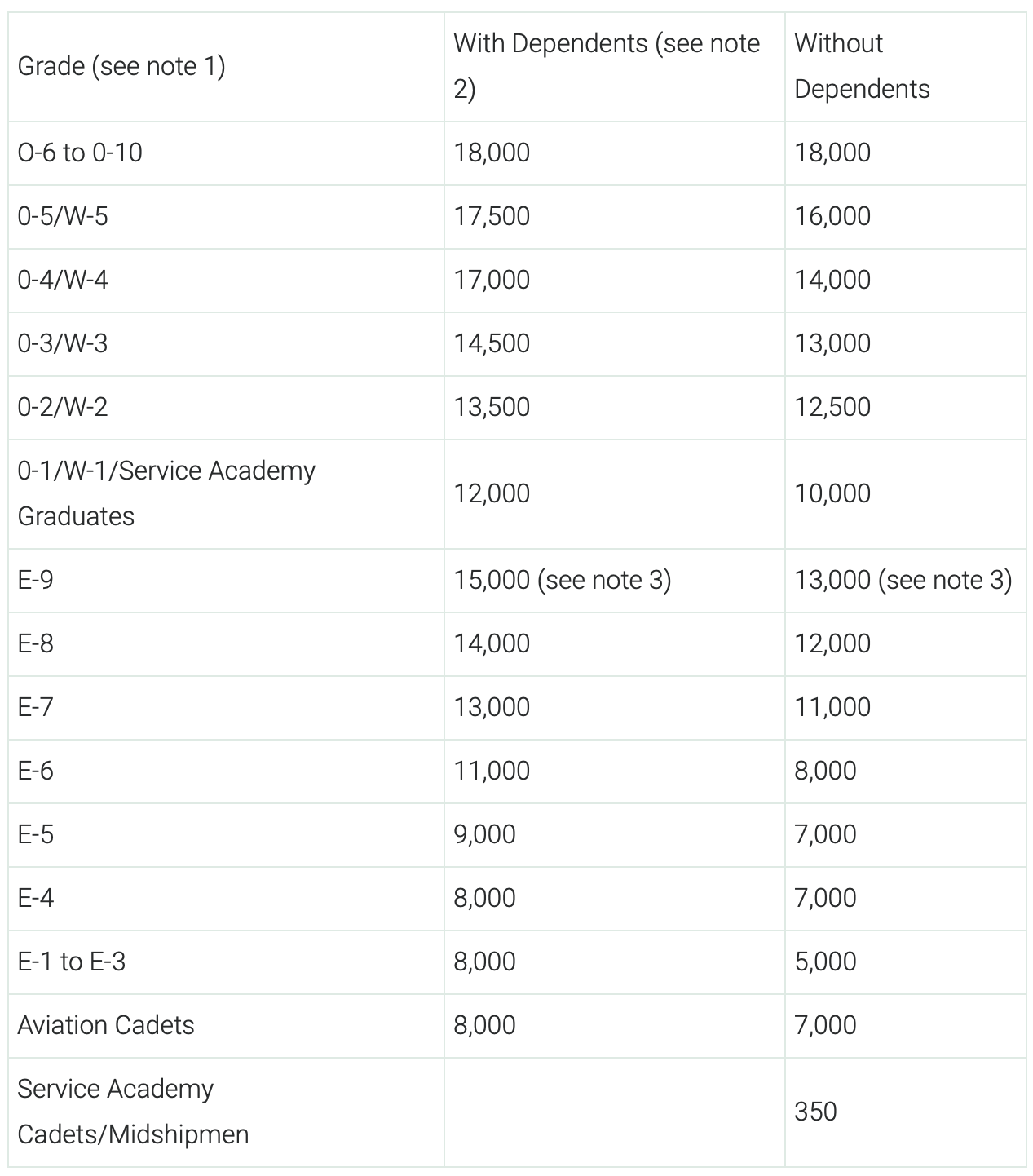PCS: An Overview
(Photo by Karen A. Iwamoto, Oahu Publications)
According to the U.S. Department of Defense, approximately one-third of military service members experience a permanent change of station (PCS) move every year.
On average, a service member will go through this type of military move 2.6 times during their career. However, 15% of military families will move six or more times.
What does it mean to PCS?
A PCS move can be a move between one duty station and another, or between your final duty station and home of record upon retirement or discharge. There are many types of PCS orders, each with their own special rules and regulations.
CONUS vs. OCONUS
All PCS moves fall into one of two categories: CONUS or OCONUS. The military acronym CONUS means “The Continental United States,” while OCONUS means “Outside the Continental United States.” The two different types have different rules and requirements.
A General overview of what to expect financially when you get PCS orders:
The government will pay most costs associated with your move, if there are any costs not reimbursed you may be able to claim them on your taxes.
You can receive many of these travel allowances before the move or you may be issued a travel card to help keep you from paying the high cost of moving out-of-pocket.
The most common travel allowances include:
Personal & Dependent Travel
The government will provide you and your dependents transportation from one duty station to another.
You are also authorized per diem payments for every day you are traveling. Per diem pays a set amount for meals and lodging, for the number of authorized travel days between locations.
Household goods & vehicle shipment
You can ship your personal belongings from one duty station to another. The government authorizes you a weight limit based on your rank and family status.
You can usually either have movers pack and transport your belongings or do it yourself. You may also be authorized to ship or store your personal vehicle depending on where your orders are to.
Dislocation Allowance
Dislocation allowance is designed to partially reimburse you for expenses you have due to relocating. This includes things like utility deposits, consumables etc. This tax-free allowance varies by rank and family status.
Temporary lodging reimbursement
The government will partially reimburse you for the additional costs you may face when house hunting or living in temporary quarters in conjunction with a move through either Temporary Lodging Allowance or Temporary Lodging Expense.
PCS Weight Allowances
Joint Federal Travel Regulations (JFTR) sets the maximum Permanent Change of Station (PCS) and Non-Temporary Storage (NTS) weight allowances that you can ship and/or store at government expense, based on your rank and dependency status.
Weight allowances do not include Professional Books, Papers and Equipment (PBP&E/Pro-Gear) or required medical equipment.
PCS and NTS Weight Allowance (Pounds)
Have PCS orders and want to learn more? Check out our Blog Post that goes over:
How to schedule
How to prep
CONUS & OCONUS
Pets
Overseas screening
Sources:Military.comrand.orgmy move.com
